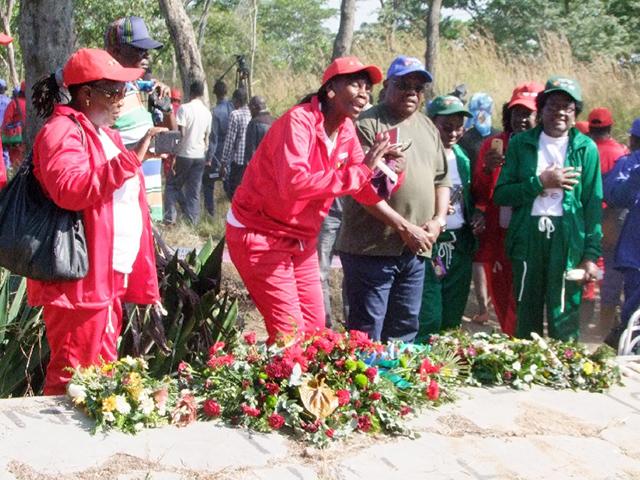THERE was very little evidence that South Africa’s four largest retail banks were competing with each other, Shan Ramburuth, a competition commissioner, said last week.
Speaking during a media briefing in Durban, Ramburuth said most of the advertising from the banks focused on selling the brand, instead of providing the consumer with meaningful information. ‘Advertising is a good indicator of whether people are competing or not,’ he said. Ramburuth said branding disempowered consumers. He said one of the recommendations from the banking inquiry report, released five months ago, was that it would be proposed that the Department of Trade and Industry (DTI) should amend the rules to permit comparative advertising. Responding to Ramburuth’s comments, Sidney Gericke, the managing executive of the retail card division at Nedbank, said: ‘The commissioner’s view does not correspond to our situation. Nedbank has experienced the South African banking industry as highly competitive. This is a position we have articulated and demonstrated during the banking inquiry process.’ Keith McIvor, the managing executive of customer solutions, products pricing and distribution at Absa, said the bank spent significant amounts of its annual marketing budget advertising its products, their features and benefits. ‘Further, many of the banking inquiry recommendations relating to disclosure, transparency and comparability were suggested by Absa in recognition of the importance of the empowerment of the South African consumer in financial matters,’ said McIvor. Erik Larsen, a spokesman for Standard Bank, said that the Competition Act prohibited collusion between banks and imposed stiff penalties should such collusion occur. ‘Standard Bank therefore does not want to be drawn into any discussion relating to other banks, and which could possibly put us in breach of the Competition Act,’ said Larsen. First National Bank could not be reached for comment. The panel of the banking inquiry was established in 2006 by the competition commission to look into specific aspects of competition in retail banking and the national payment system. It completed its work in June last year and a full report was released in December. Some of the recommendations from the banking inquiry were that terminology used by banks should be standardised; there should be a summary and breakdown of charges and interest on every account; and a cap should be imposed on the price of processing rejected debit orders at about R5 a dishonoured item. An intergovernmental task team has been formed, comprising the Treasury, the Reserve Bank, the DTI and the competition commission. Ramburuth said: ‘This team is going to meet regularly over the next year to see how feasible it is to implement these recommendations, because the regulatory framework must change in order for some of the things to happen. If that does not work, we still have the option of prosecution.’ Nedbank, Absa and Standard Bank said that they were supportive of the intergovernmental task team. -Business Report
Stay informed with The Namibian – your source for credible journalism. Get in-depth reporting and opinions for
only N$85 a month. Invest in journalism, invest in democracy –
Subscribe Now!










